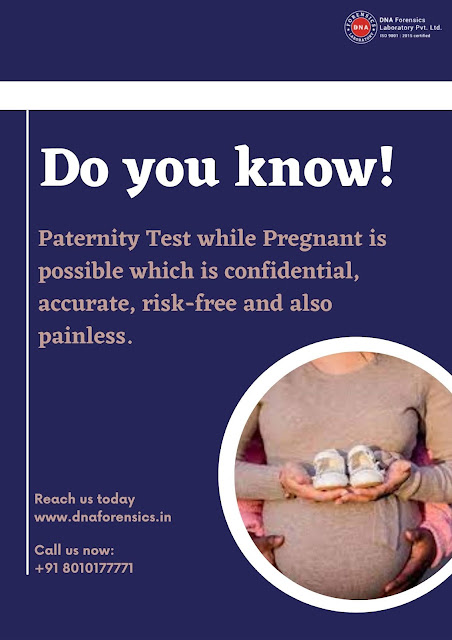Non-Invasive & Safe Prenatal Paternity Test in India

Paternity testing is one of the most sought-after DNA tests in India. It involves studying the individual DNA profiles of the child and the alleged father, mostly with mother’s participation and often a motherless paternity testing. However, situations may arise when one needs to know about their unborn child’s paternity. In such cases, a Prenatal Paternity DNA Test (No Sex Determination) can help. Getting a Paternity DNA Test While a pregnant woman is still expecting the baby, it is not just safe but also accurate. In fact, a Prenatal Paternity Test report is just as accurate as a regular paternity DNA test. Sample Collection For Prenatal Paternity Test Unlike the earlier used technique of amniocentesis, which required withdrawing amniotic fluid from the womb, DNA sample collection for Prenatal paternity Tests is safer these days. Today, only 20 ml of the mother’s blood is required, which serves as the unborn baby’s DNA sample. On the other hand, the alleged father has to give his bu...


